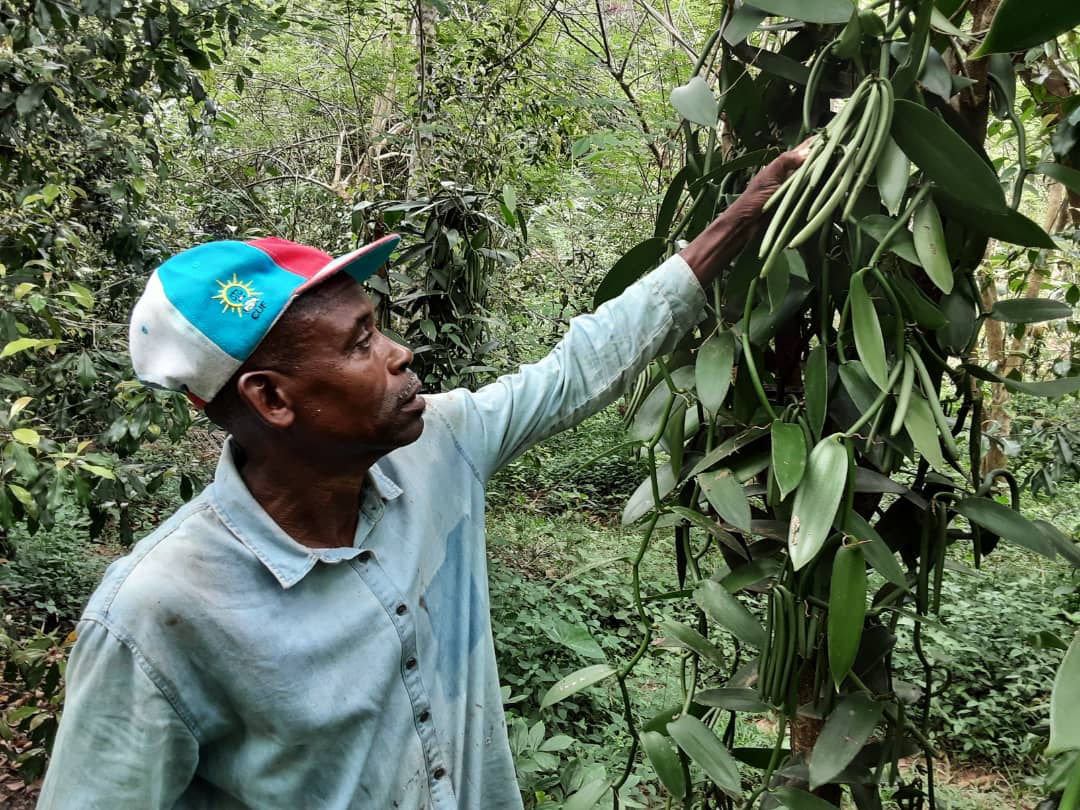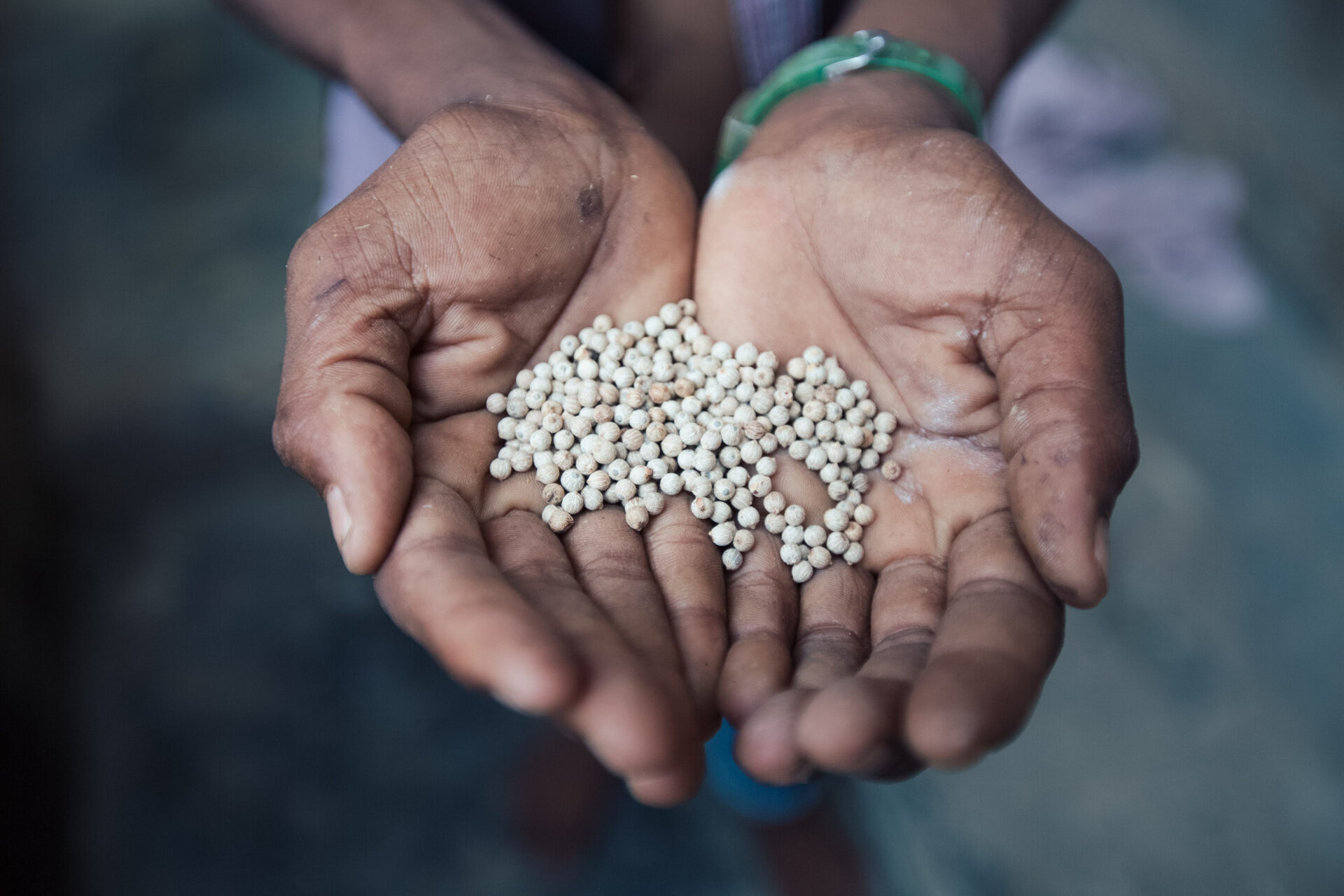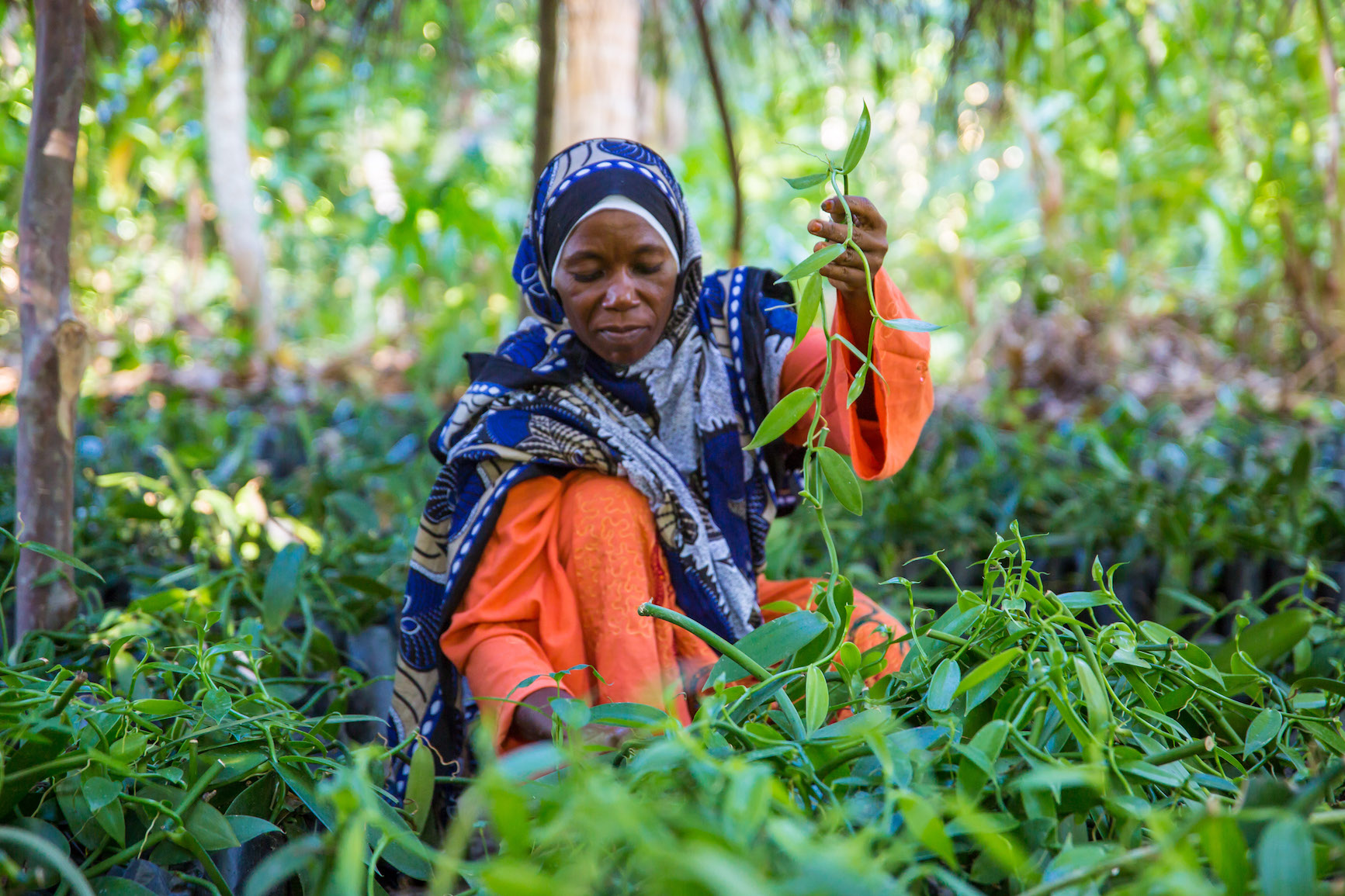Subscribe To Your Favourite Forests
Stories from the Wabanaki forest of the Maritimes, the Spice Forests of Zanzibar, and the mangrove forests of Mozambique.
Sign Me UpStories from the Wabanaki forest of the Maritimes, the Spice Forests of Zanzibar, and the mangrove forests of Mozambique.
Sign Me UpThere is a long history of growing spice in Zanzibar. In fact, the region is often referred to as the Spice Islands. In more recent times, however, competing local pressures for land and global market forces have caused a decline in spice farming and a conversion of land to less resilient and less profitable crops. Agroecosystems like Spice Forests create a clear incentive for farmers to transition away from monoculture farming to more resilient and regenerative agroforestry systems that function more like natural forests than farms.
Community Forests International and Community Forests Pemba work to attract private sector investment into this exciting new horticulture trade. These steps toward systems-level change through enterprise and value chain partnerships increase the sustainability of this work and a new multi-year partnership with the European Union will allow these activities to be expanded to new islands in the region.

Supporting ethical and environmental farming means making conscious decisions about the food that we buy, including spices and seasonings. We encourage you to do your research and find suppliers that prioritise a living-wage for their farmers, sustainable production practices, and direct- or ethical- trade practices where possible.
Download Your Free Spice Forest Recipes!
Picture a jungle of trees and vines all producing valuable spices—things like cinnamon, black pepper, vanilla, and cardamom. Spice Forests stimulate forest regeneration alongside the production of high-value spice crops, storing carbon and reversing trends of deforestation, soil depletion, and economic decline.
Read About Hamad's Spice Forest
Increased yields of speciality crops like vanilla and black pepper contributed to increasing demand for Community Forests Pemba’s Spice Forest farmer extension supports. In response, Community Forests Pemba incubated the Pemba Spice Producers Cooperative: a farmer-led organization that represents and supports farmers peer-to-peer across the island. Today, we continue to support the creation of farmer co-operatives, collectives, and teacher training to widely share knowledge in more communities.

Community Forests International and Community Forests Pemba work alongside the cooperative to attract private sector investment into this exciting new horticulture trade. These steps toward systems-level change through enterprise and value chain partnerships increase the sustainability of this work and a new multi-year partnership with the European Union will allow these activities to be expanded to new islands in the region.
Read More: Lessons in InnovationAgroforestry is better for people and the planet. Donate today to support agroforestry and climate-adaptive livelihood opportunities.